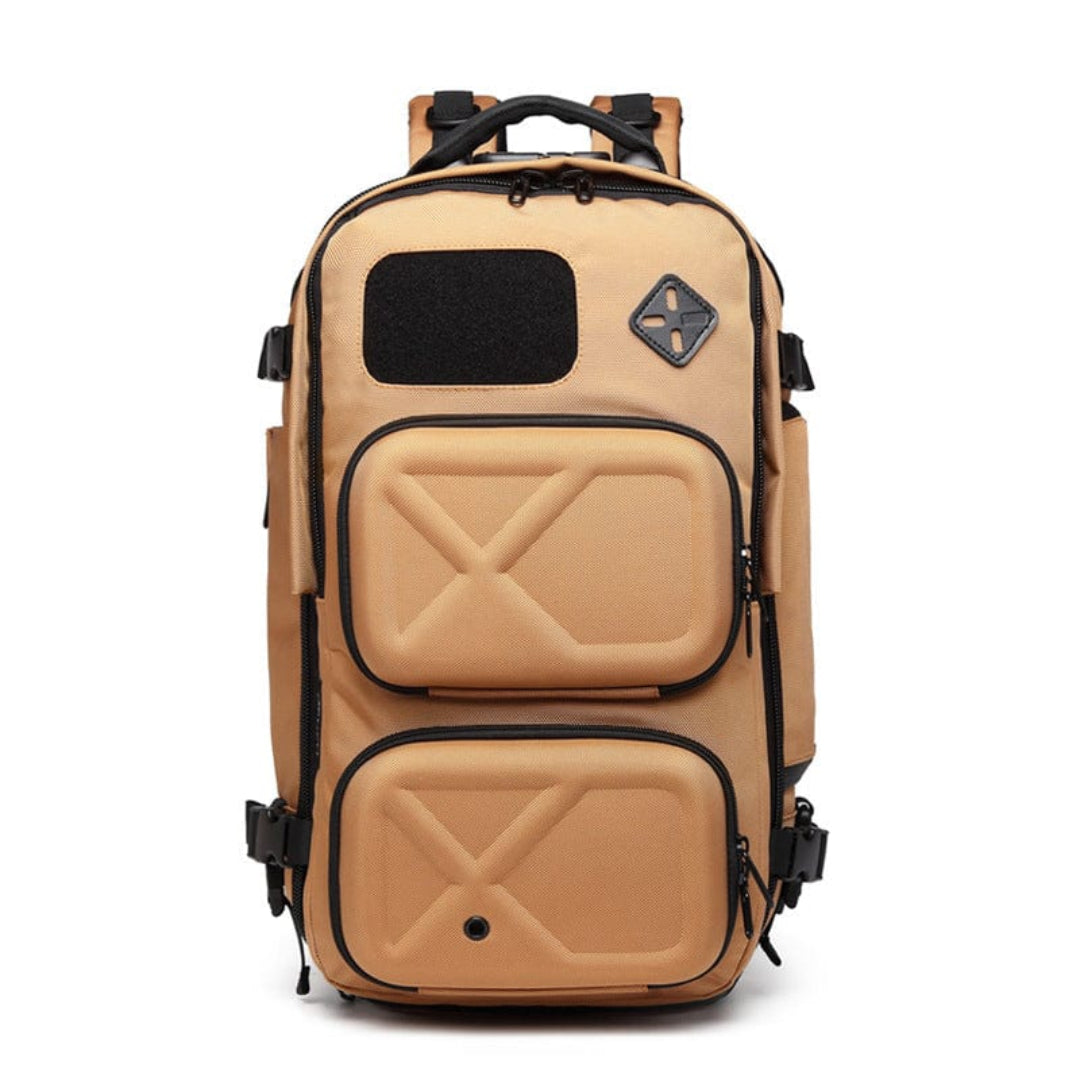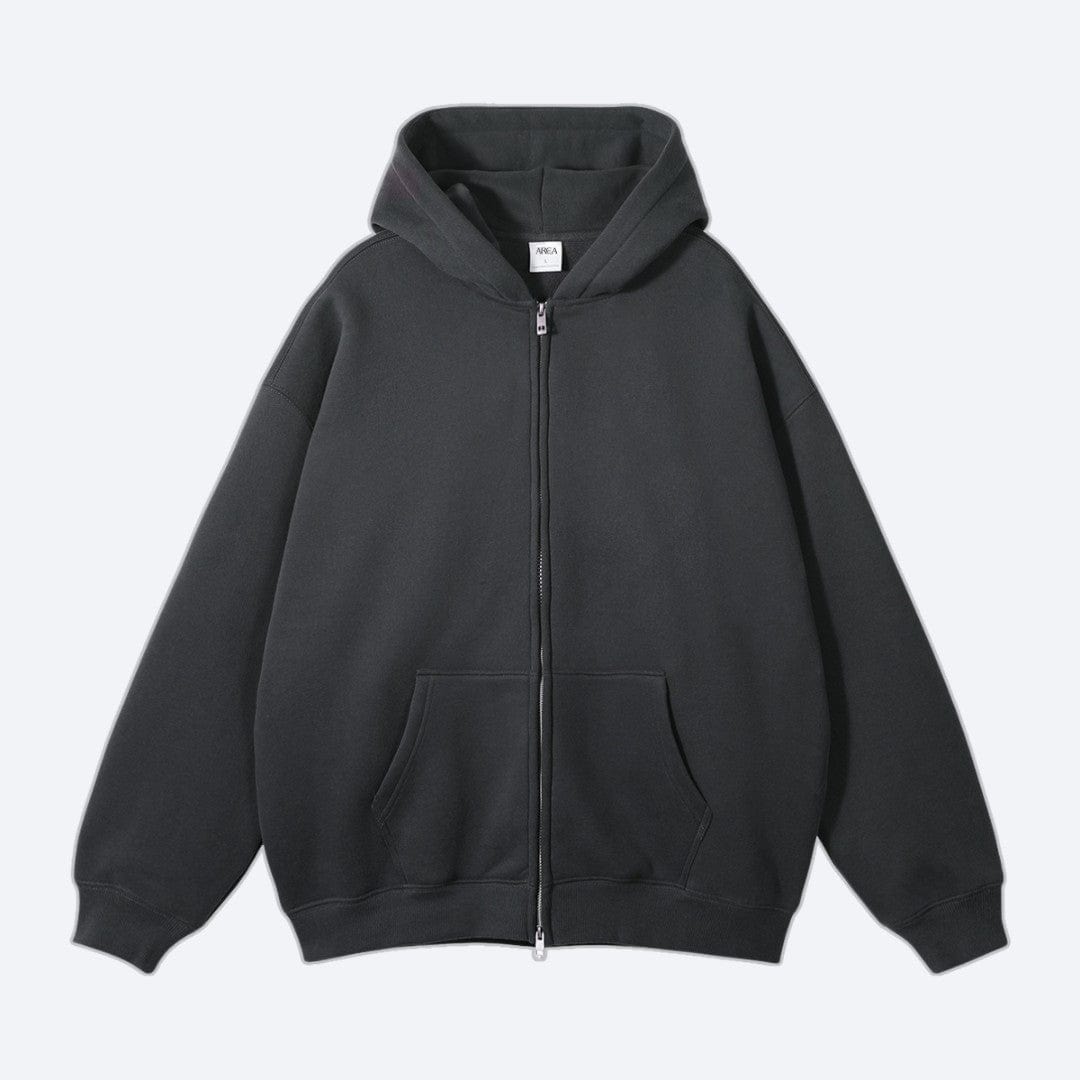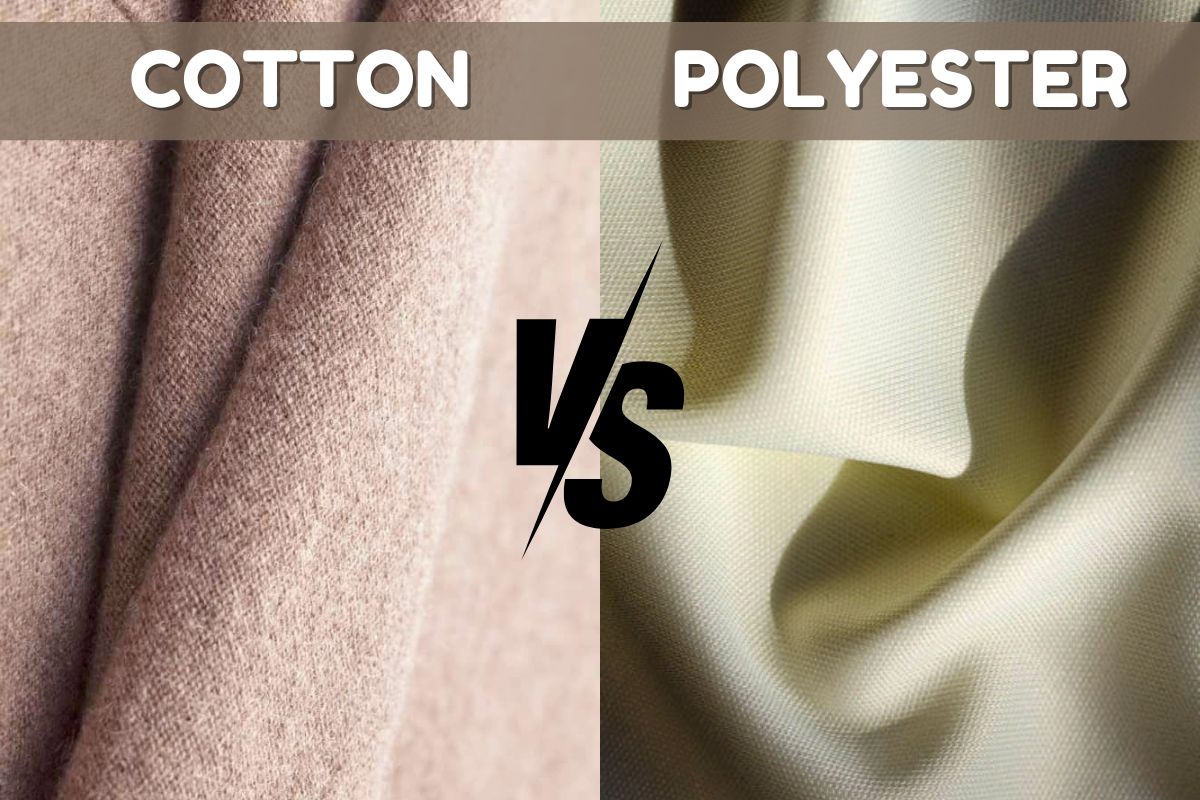Choosing the right fabric can be tricky, especially when it comes to the age-old debate: cotton vs polyester. Both materials have their strengths, but they serve very different purposes depending on your needs.
Cotton, known for its breathability and softness, feels like a second skin, perfect for casual wear. On the other hand, polyester shines in active settings with its moisture-wicking and quick-drying abilities, making it a go-to for workouts. But it’s not just about how they feel—these fabrics differ in durability, maintenance, and even how they age over time.
So, how do you decide which fabric fits your lifestyle? By diving into their unique traits, you’ll uncover why cotton excels in comfort while polyester dominates in performance.
What is cotton?
Cotton is a natural fiber derived from the seed case, or boll, of the cotton plant. The material is spun into yarn and woven to create soft, durable, and versatile fabric widely used for clothing, upholstery, and more.
Pros and cons of cotton
Cotton offers notable advantages:
- Absorbs moisture effectively, keeping the skin dry and comfortable.
- Feels soft and gentle on the skin, making it perfect for everyday use.
- Breathable and light, enhancing comfort in warm weather.
- Affordable, making it a cost-effective option for many applications.
However, cotton also has its drawbacks:
- Lacks elasticity, so it doesn’t provide a snug fit.
- Shrinks more easily if not pre-shrunk or washed properly.
- Fades over time with repeated washing in harsher conditions.
- Prone to wrinkling and may require frequent ironing.
Maintaining cotton is simple. Toss it in a washing machine or dryer, and it cleans effectively without needing elaborate care routines.
What is polyester?
Polyester is a synthetic fiber created through the chemical synthesis of ethylene glycol and terephthalic acid, forming polyethylene terephthalate (PET). Derived from petroleum, it's a type of plastic commonly woven into fabric. Initially developed in the late 1930s and brought to market in 1951, polyester gained popularity for its durability, low cost, and resistance to wear.
Pros and cons of polyester
Polyester offers several advantages:
- Durability: The sturdy polymer chains make it resistant to stretching, tearing, and general wear, allowing garments to last longer.
- Color retention: Polyester is color-fast, meaning it holds dye well and resists fading even after multiple washes.
- Low maintenance: Its resistance to creasing makes polyester fabric easy to care for and reduces the need for ironing.
- Cost-effectiveness: Being inexpensive to produce, it remains an affordable material across industries.
However, polyester presents drawbacks:
- Moisture resistance: It doesn't absorb moisture, often leading to a sweaty feeling during warm weather.
- Static electricity: In cold seasons, garments with high polyester content can generate static, causing discomfort.
- Breathability issues: While modern technical blends improve ventilation, pure polyester isn't as breathable as natural fabrics.
- Environmental concerns: Manufacturing polyester contributes significantly to carbon emissions (40% of the fashion industry's total) and microplastic pollution.
Polyester's blend of benefits and limitations shapes its role in various use cases, from basic clothing to performance wear.
What’s the difference between cotton and polyester?
Choosing between cotton and polyester depends on your needs—whether you prioritize comfort, durability, or moisture control. Cotton, a natural fiber, is known for its softness and breathability, making it a go-to for everyday wear. Polyester, a synthetic fiber, excels in moisture-wicking and wrinkle resistance, making it ideal for activewear. Below is a detailed comparison to help you decide which fabric suits you best.
| Feature | Cotton | Polyester |
|---|---|---|
| Origin | Natural fiber from the cotton plant | Synthetic fiber made from petroleum-based chemicals |
| Breathability | Highly breathable | Less breathable, can feel hot in humidity |
| Moisture Absorption | Absorbs moisture, can cling when wet | Wicks moisture away, dries quickly |
| Softness | Soft and comfortable | Smooth but less soft than cotton |
| Durability | Prone to shrinking, fading, and wrinkling | Resistant to shrinkage, wrinkles, and stains |
| Maintenance | Requires more care, may wrinkle easily | Low-maintenance, retains shape after washes |
| Best Use | Everyday wear, sensitive skin, warm climates | Activewear, performance clothing, and durability-focused needs |
| Blended Fabrics | Cotton-polyester blends offer a balance of softness and durability |
Which is better for designing clothing: polyester or cotton?
Designing clothing requires assessing the specific properties of each fabric to match the garment's intended purpose. Cotton excels in designs requiring comfort and breathability. Its natural fibers are soft, hypoallergenic, and allow air circulation, making it ideal for casual wear, summer clothing, and apparel for sensitive skin, like baby clothes or undergarments. Cotton's ability to hold dyes produces vivid, high-quality prints, ideal for visually striking designs.
Polyester suits designs needing durability, structure, and moisture management. Its synthetic fibers resist wear, stains, wrinkles, and shrinking, making it perfect for activewear, uniforms, and outdoor gear, like jackets or performance shirts. Its moisture-wicking ability keeps wearers dry during physical activity. Polyester also supports bold designs through advanced dye sublimation printing techniques.
Blended fabrics like polycotton are also effective for design versatility. A 50/50 blend combines cotton's comfort with polyester's resilience, suitable for creations balancing casual and functional needs. Designers often favor blends for wrinkle resistance, long-lasting shape, and easier care.
Ultimately, cotton enhances breathable, soft designs, while polyester allows robust, sweat-resistant creations. Blends deliver hybrid benefits, broadening design possibilities.
Are Cotton Shirts Better Than Polyester?
Cotton shirts excel in comfort and breathability. As a natural fiber, cotton offers softness that feels gentle against the skin, making it suitable for sensitive individuals. Its breathability allows better airflow, keeping the body cooler in warm climates. Cotton absorbs moisture effectively, though this can lead to a damp feeling during high perspiration. For daily wear and casual occasions, cotton remains a popular choice due to these features.
Polyester shirts, on the other hand, prioritize durability and moisture management. This synthetic fabric resists shrinking, wrinkles, and stains, ensuring longevity even with frequent use. Polyester wicks moisture away, keeping the wearer dry during intense physical activities or humid conditions. However, it's less breathable compared to cotton, which can lead to discomfort in hot environments. For activewear or outdoor gear, polyester takes the lead in performance.
Is Polyester or Cotton Better in Summer?
Cotton provides superior breathability, making it ideal for summer wear. Its natural fibers allow air to circulate freely and prevent heat from being trapped against the skin. This creates a soft and lightweight feel that enhances comfort in hot weather. Cotton's ability to absorb moisture while drying quickly adds to its suitability for summer attire, ensuring a cool and fresh experience even on the hottest days.
Polyester excels in moisture-wicking, drawing sweat away from the skin and keeping it dry during intense activities. Its synthetic fibers resist absorbing water, making polyester garments popular among those engaging in outdoor sports or high-intensity exercises. However, polyester lacks the natural airflow of cotton, potentially causing discomfort in humid and extremely hot conditions.
While polyester offers durability and advanced sweat management, cotton remains the top choice for everyday summer wear, particularly for sensitive skin. Those prioritizing breathability and softness often prefer cotton, while polyester works best for activewear or situations requiring enhanced moisture control.
Getting started with cotton or polyester
Choosing between cotton and polyester ultimately depends on your lifestyle, preferences, and needs. Both fabrics have unique strengths and limitations, making them suitable for different purposes. Whether you prioritize comfort, durability, or performance, understanding the qualities of each material helps you make an informed decision.
If you're seeking breathable, soft options for casual wear or sensitive skin, cotton is a reliable choice. For active lifestyles or designs requiring moisture management and resilience, polyester shines. Blended fabrics like polycotton offer a versatile middle ground, combining the best of both worlds.
Take the time to evaluate your priorities, whether it's comfort, maintenance, or environmental impact. With the right fabric, you'll not only enhance your wardrobe but also ensure your clothing aligns with your daily demands and values.













